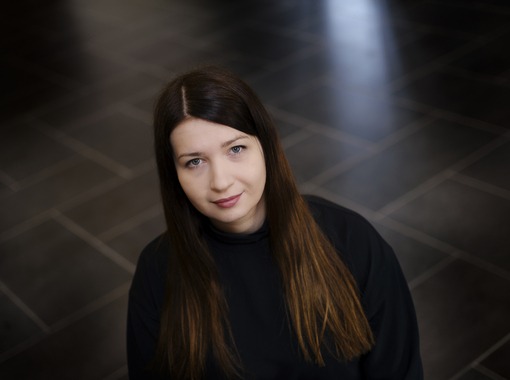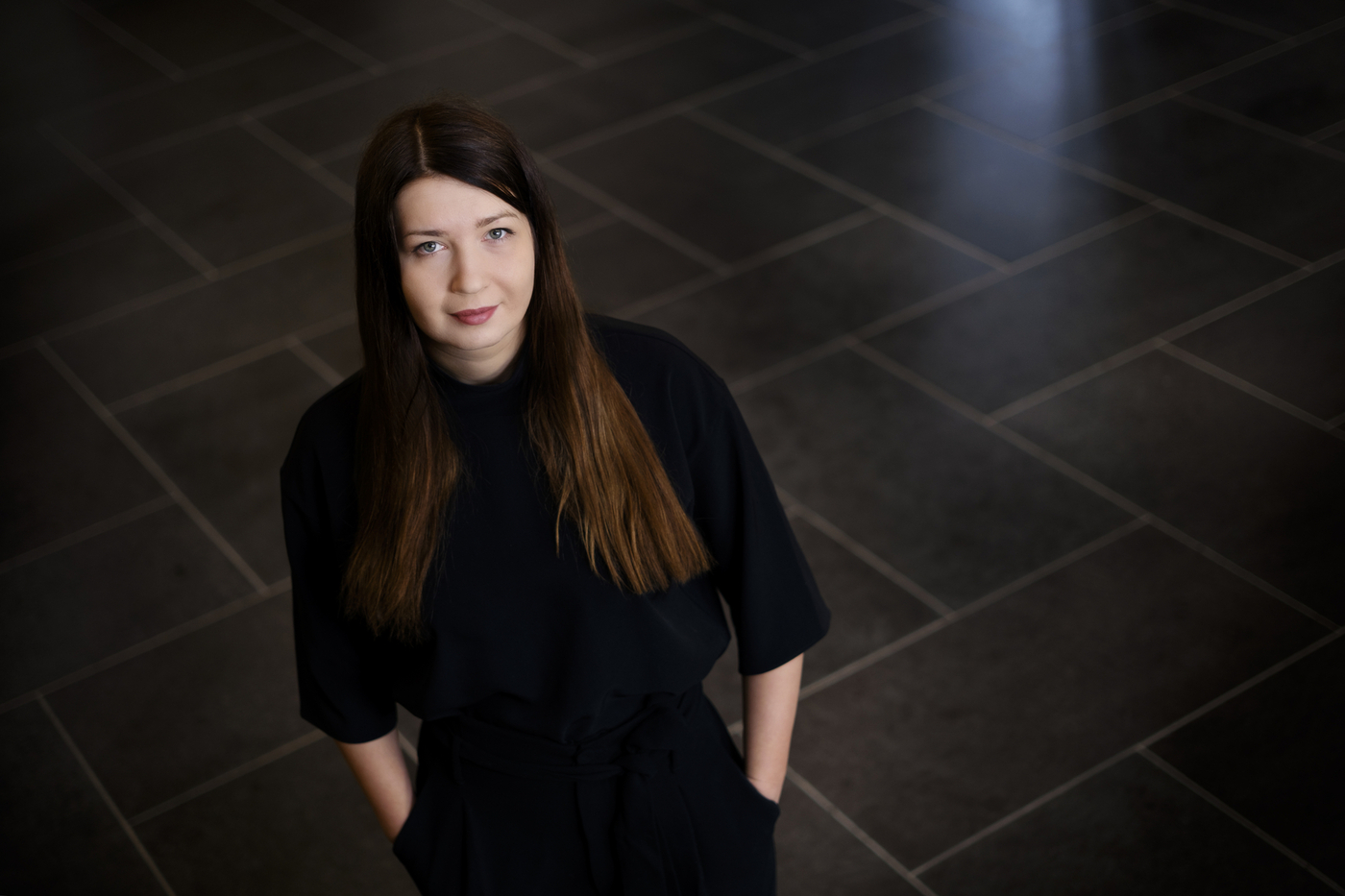Even though the impact of the corona pandemic is dwindling in Iceland, and in the world in general, we can assume its continuation as a research subject for quite some time. Examples of areas open to further exploration include the repercussions of infections people are still dealing with; the long-term effect of the pandemic on peoples' feelings, and the impact of the pandemic on society and various social groups. Goda Cicenaite is one of the academics who will be dedicated to the latter for the next few years in her PhD studies in Global Studies at the University of Iceland, as she studies the experience of her fellow Lithuanians of the pandemic in Iceland.
"In my study I aim to explore Lithuanian migrant workers’ and immigrants’ experiences in Iceland during the COVID-19 pandemic. I seek to understand the multiple effects of the pandemic on this group through socio-economic well-being, possible racialization, and their compound ties with Lithuania. The analysis of factors influencing the COVID-19 vaccine decisions and preferred information sources among Lithuanian nationals in Iceland is also a critical part of the research linked to their overall experiences during the pandemic," says Goda.
The pandemic as such was a spark for the study. "While doing my MA in Global Studies, I already knew that I would like to focus on the Lithuanian nationals living in Iceland in my next research project. I was working as a research assistant for Kristín Loftsdóttir, professor of anthropology, interviewing Eastern Europeans for a couple of projects. At that time, the COVID-19 pandemic started, and it became harder to meet people in person to conduct interviews. It was still a time of uncertainty, and there was a lot to discuss. Sometimes Lithuanian respondents would linger for a bit longer after interviews to share their pandemic-related concerns off the record. I used it as an opportunity to identify the key issues for my research project," explains Goda, who is working on the project under the supervision of Kristín Loftsdóttir.
"The findings of this research will collate the COVID-19 crisis impact with the 2008 financial crisis impact on the Lithuanian community in Iceland, generating new data that reflect Lithuanians’ ability to cope with a crisis in the Icelandic environment and Iceland’s preparedness to support foreign immigrants during a crisis." Findings concerning socioe-conomic conditions for migrant workers during the COVID-19 pandemic are valuable for the analysis of fast-changing labour migration patterns from Eastern Europe to the Nordic countries," says Goda.

Lithuanians are the second biggest group of immigrants in Iceland
Around 5,200 Lithuanians lived in Iceland at the beginning of the year and are thus the second biggest foreigner group in Iceland after Poles. The conditions of Lithuanians in Icelandic society have been researched much less, so it is no wonder that Goda chose to investigate the experience of this large group. "Why do I focus on Lithuanians? I am Lithuanian, and, of course, I am interested in understanding my community’s experiences. Yet, I am mostly inspired by the significant amount of studies done on the Polish community in Iceland. Some studies on Lithuanians and Poles in Iceland demonstrate similarities in the narratives of both groups; however, only the follow-up studies can determine it. Thus, the purpose of the research is also to make Lithuanians more visible," explains Goda.
Goda's study is based on qualitative research methods, and she conduct in-depth interviews with Lithuanian immigrants and migrant workers located in different parts of Iceland. "The first 17 interviews were collected in Iceland´s South and West. The interviews are semi-structured, meaning there is space for exploring unanticipated emerging themes," says Goda who is currently working or the first scientific article based on her research.
According to Goda the results of the project will have various applications, besides providing new knowledge on a group amounting to 1.5% of the Icelandic population. "The findings of this research will collate the COVID-19 crisis impact with the 2008 financial crisis impact on the Lithuanian community in Iceland, generating new data that reflect Lithuanians’ ability to cope with a crisis in the Icelandic environment and Iceland’s preparedness to support foreign immigrants during a crisis." Findings concerning socioe-conomic conditions for migrant workers during the COVID-19 pandemic are valuable for the analysis of fast-changing labour migration patterns from Eastern Europe to the Nordic countries," says Goda.
She adds that data from this research has the potential to inform policy-makers what needs to be addressed to reduce the possible imbalance of crisis impact between immigrants and Icelanders. "Finally, analysis of the COVID vaccine hesitancy and acceptance among Lithuanians in Iceland generates knowledge that can be used to prevent vaccine-related misinformation," says Goda.




